Many people experience difficulty falling asleep, a problem that can significantly impact one’s health and well-being. If you find yourself wide awake, pondering how to fall asleep fast or what to do when you can't sleep, this guide offers a comprehensive approach with proven strategies and tips that cater to both mind and body, facilitating quicker and more effective sleep.
Some common reasons for not being able to sleep include:
- Nervous before going to bed
- Poor sleeping environment
- Screen blue light exposure
- Eating habits
- Lack of exercise during the day
For details, please read this blog: Why Can't I Sleep? 6 Tips for Better Sleep

Here are several comprehensive strategies and useful tips to assist you in achieving a restful and rejuvenating night's sleep, ensuring you wake up feeling refreshed and ready to tackle the day ahead.
1. Develop a Soothing Pre-Sleep Routine
A relaxing routine before bed is one of the best ways to tell your body it’s time to wind down. Activities such as taking a warm bath infused with lavender or other essential oils, listening to calming music, or engaging in light yoga can signal to your body that sleep is imminent. According to a study in the Journal of Clinical Sleep Medicine, participants who engaged in relaxing activities before bed improved their sleep quality and reduced the time it took to fall asleep. This routine addresses directly the dilemma of what to do when you can't sleep by creating optimal pre-sleep conditions.
2. Optimize Your Sleep Environment
Transforming your bedroom into a sleep sanctuary can significantly enhance your ability to fall asleep fast. The room should be cool, ideally between 60-67 degrees Fahrenheit, and free from disruptive noises and lights. For those seeking a dark yet comforting ambiance, consider using high-quality, breathable bedding and blackout curtains to block out external light.
Adding a galaxy projector can introduce a soothing, celestial feel to the room, creating a perfect, tranquil environment tailored for sleep. A supportive mattress and pillows that are aligned with your sleeping position can also make a substantial difference. Such adjustments ensure the space is ideally suited for rest. The National Sleep Foundation emphasizes that a conducive sleep environment is a cornerstone of good sleep hygiene, and the gentle, dim glow of a galaxy projector can help foster the darkness needed while providing a relaxing atmosphere that aids in falling asleep faster.
3. Reduce Blue Light Exposure
Electronic devices emit blue light, which can delay melatonin production and disrupt your natural sleep cycle. To combat this, limit screen time at least an hour before bedtime. Alternatively, use blue light filtering apps or wear glasses that block blue light if you must use these devices. Research from Harvard Medical School indicates that blue light can have significant effects on sleep by shifting the body’s natural clock, thus prolonging the time it takes to fall asleep.

4. Mind Your Diet
Your dietary choices play a crucial role in how quickly you can fall asleep. Avoid stimulants such as caffeine and nicotine, especially in the hours leading up to bedtime. Foods high in carbohydrates may help tryptophan reach the brain more easily, but heavy meals can disrupt sleep. Consider a light snack that includes complex carbohydrates and proteins, like whole-grain crackers with peanut butter or a small piece of cheese, which can induce sleep without causing discomfort.
5. Physical Activity
Regular exercise is beneficial for overall health and can improve sleep patterns. However, the timing of exercise is important—engaging in vigorous activities close to bedtime might keep you awake. The Sleep Research Society reports that moderate aerobic exercise during the day can lead to improvements in sleep quality, including reduced sleep onset latency and decreased nighttime awakenings. Gentle stretching or calm activities like tai chi in the evening can also promote relaxation and help you fall asleep faster.
6. Meditation Relax
Practicing meditation before bed is an excellent way to calm the mind and prepare the body for sleep. Here are some meditation types that are particularly effective for promoting relaxation and enhancing sleep quality:
- Mindfulness Meditation:This involves focusing on the present moment and observing thoughts, feelings, and sensations without judgment. It can help reduce pre-sleep anxiety by training the brain to release the stresses of the day.
- Guided Meditation:Typically led by a recording, guided meditations direct your mental imagery or focus your attention on specific points. This is especially beneficial for beginners in meditation as the guidance helps maintain focus and prevents the mind from wandering.
- Body Scan Meditation:This type of meditation involves mentally scanning your body to identify areas of tension and consciously releasing them. It promotes an awareness of the body, helps relax different parts, and enhances overall physical relaxation, aiding in sleep.
- Breathing Exercises:Techniques such as deep breathing or the 4-7-8 breathing method are very soothing. They help slow down the breathing rate and heart rate, signaling the body that it's time to rest.
- Progressive Muscle Relaxation (PMR):In this relaxation technique, you tense and then relax different muscle groups in the body, usually starting from one end of the body and moving to the other. This can reduce physical tension and mental stress.
- Visualization:This involves picturing a tranquil setting and imagining yourself in this relaxed place. Mental imagery can distract you from daily worries and immerse the brain in a calm narrative.

Conclusion
Dealing with sleeplessness can be a significant challenge, but by applying these effective strategies, you can improve your ability to fall asleep fast and enjoy better sleep quality. It’s essential to experiment with different methods to find what works best for you, remembering that consistency and patience are key. If problems persist, it may be wise to consult a healthcare provider or a sleep specialist.
By incorporating these changes into your nightly routine, you are more likely to find an answer to the common query of what to do when you can't sleep, leading to peaceful nights and energetic mornings.


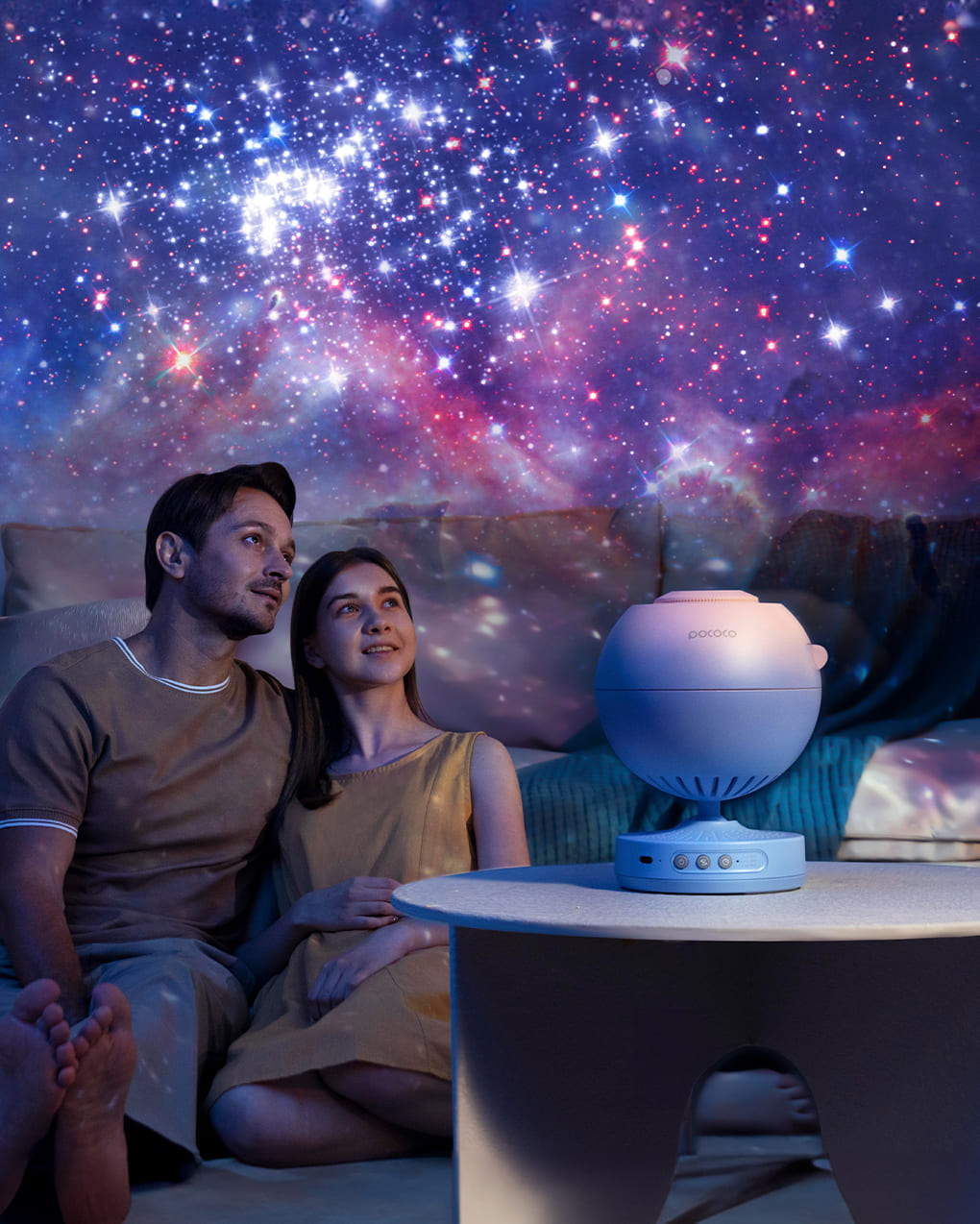
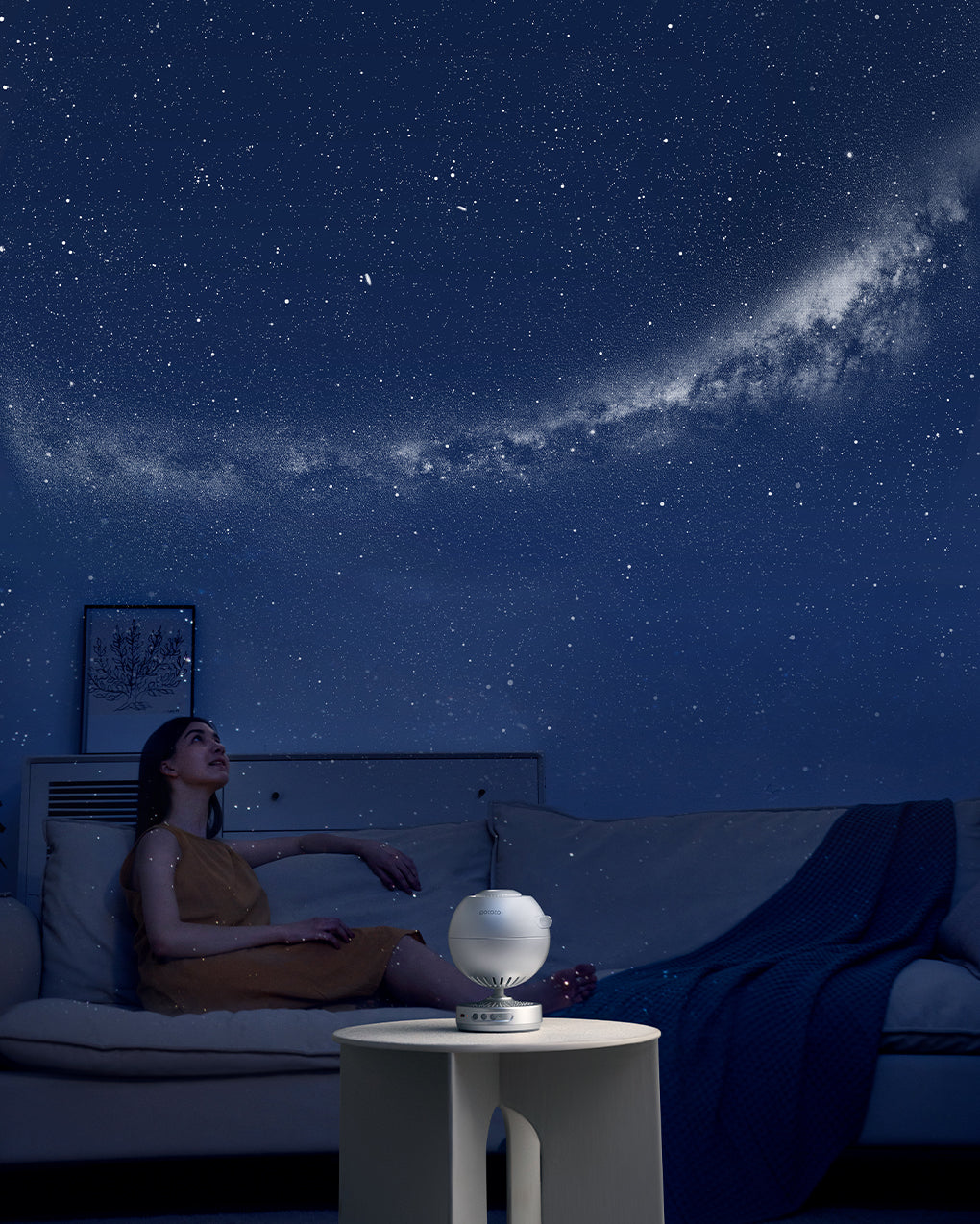





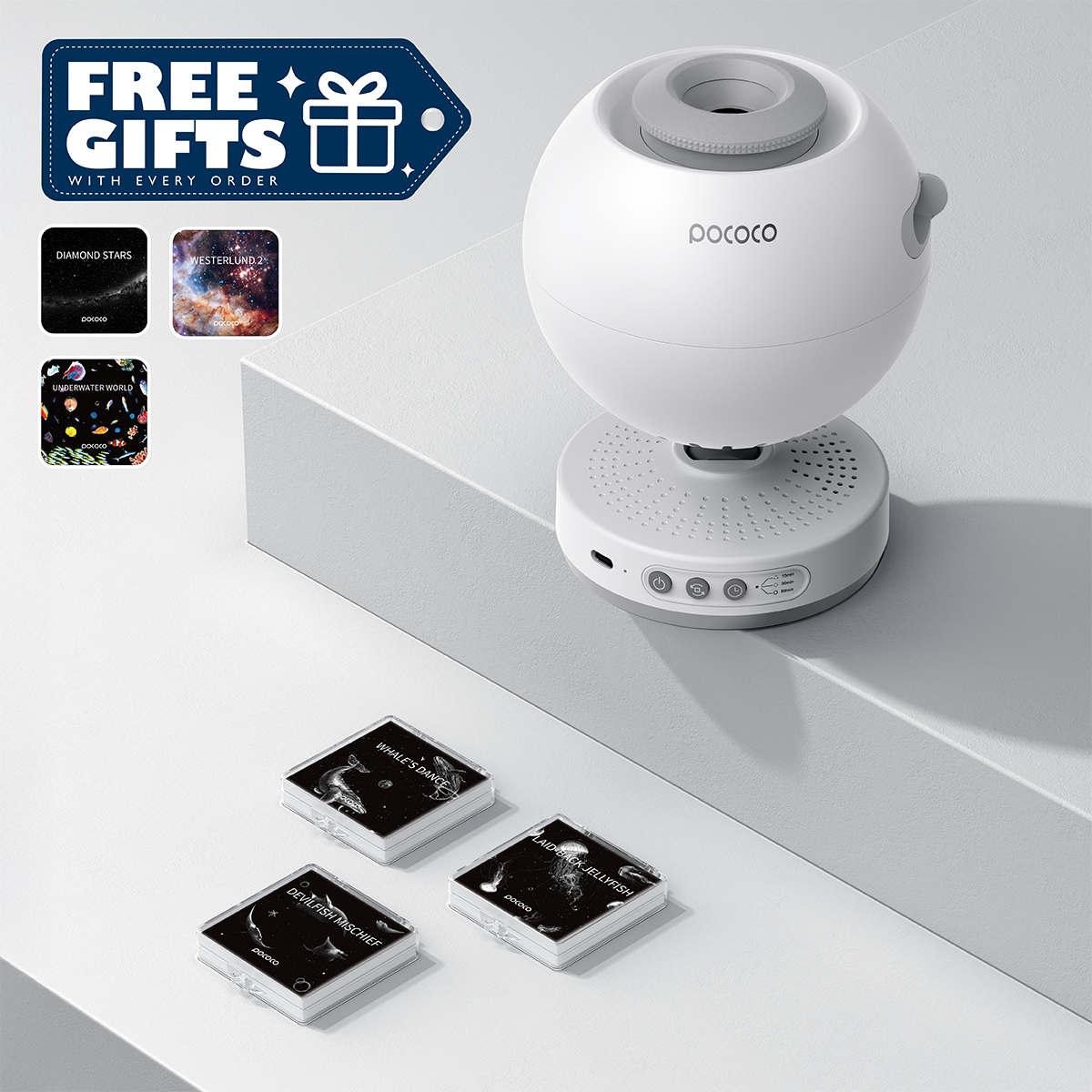

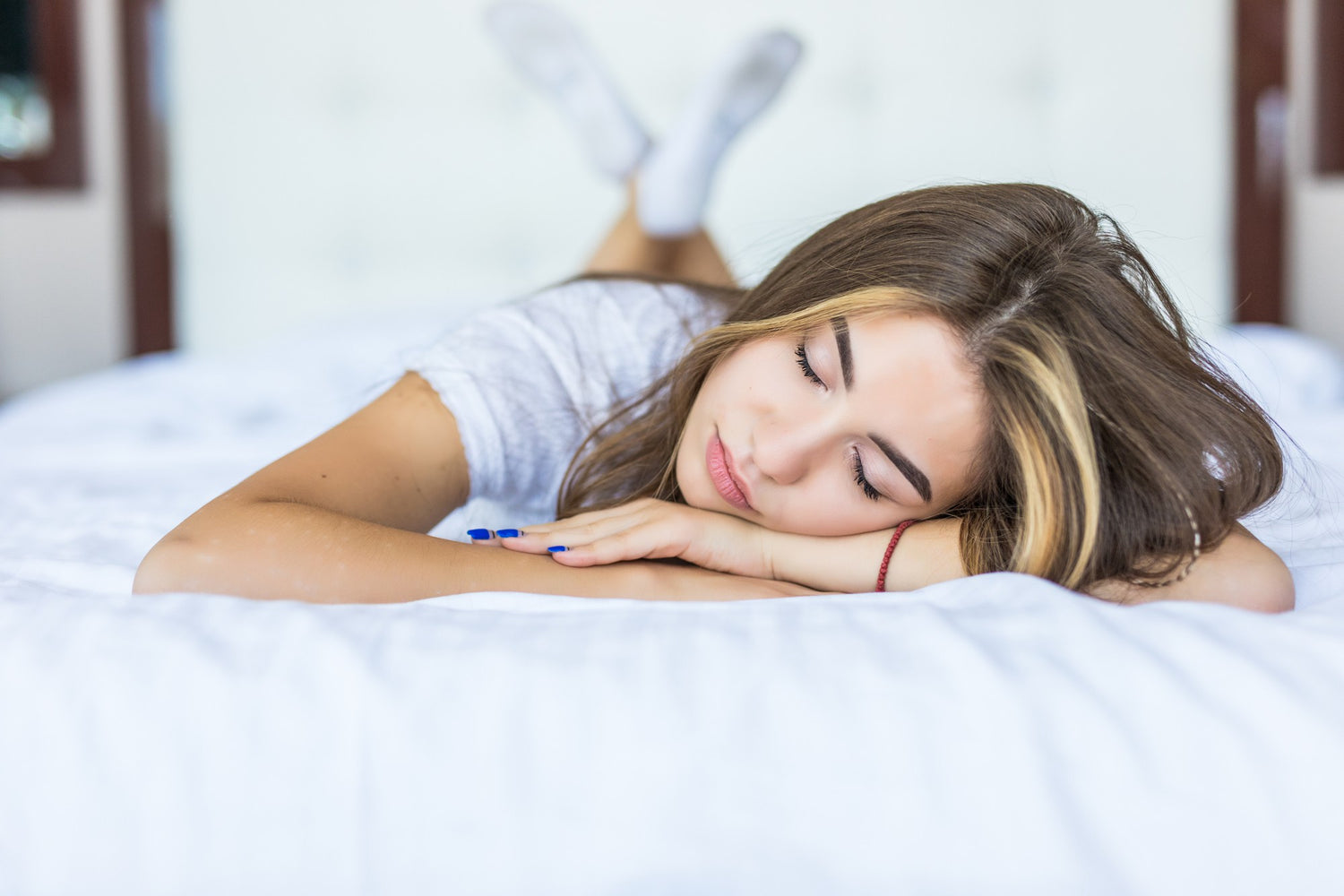
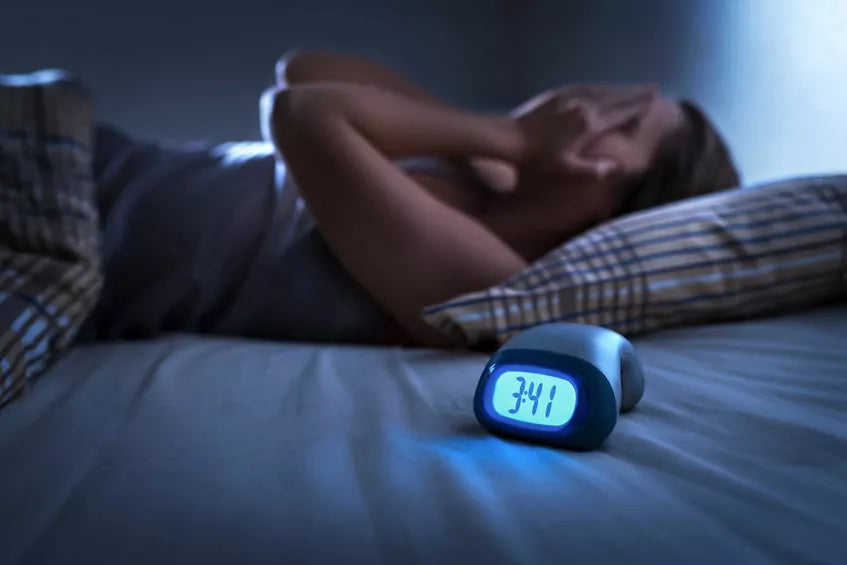
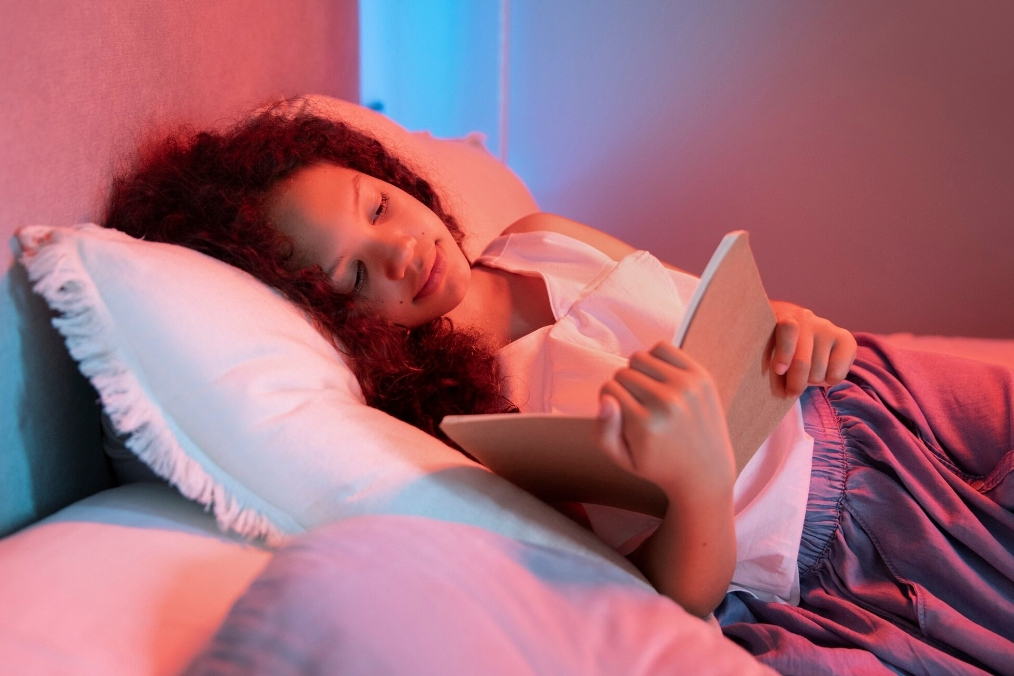
Leave a comment
All comments are moderated before being published.
This site is protected by hCaptcha and the hCaptcha Privacy Policy and Terms of Service apply.